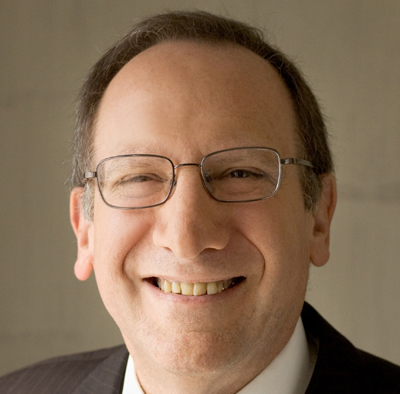Christopher Rose, MD, FASTRO

You’ve been a part of building the Radiation Oncology Institute from its inception. Are you pleased with how the organization has evolved?
When Drs. Lawrence and Lawton first convened the work group to determine whether we could establish a charitable foundation, we envisioned an organization that would:
- Fund studies that would demonstrate the VALUE of radiation oncology;
- Disseminate this information to policy makers and to the public; and
- Establish a long-term research agenda for radiation oncology. We still need to grow financially; however, between the pilot studies that the ROI Research Committee has funded and the formal research agenda, we are on our way.
Data to help demonstrate the value of the profession and treatment is of critical importance to ROI. What are your thoughts on the importance of data registries? What will happen to the field if we don’t develop high-quality data?
Of course I am biased here since 15 years ago, Joe Jachinowski and I hoped that aggregation of data from the radiation therapy electronic medical records) could be an important data source to identify radiation therapy process and outcome linkages, not just in prospective studies, but also with large denominators of patients in community and academic settings. Data mining from mature cardiology and cardiac surgery registries has demonstrated the relative value of coronary artery bypass grafting and percutaneous transluminal coronary angioplasty, and there is no reason that we cannot do the same thing with our interventions. I think it is fair to say that there is both a real and perhaps a somewhat exaggerated focus on radiation therapy late effects lately. So if we don’t follow on the same path as the cardiologists and the thoracic surgeons, the public, the payors and, most importantly, our patients may look elsewhere for curative management of primary cancers.
The ROI Board of Trustees charged you with serving as the chair of the National Radiation Oncology Registry (NROR) Executive Committee. Can you talk about their charge, their subsequent work and your experience?
The ROI Board was extremely supportive of the need to demonstrate the feasibility of a pilot registry in prostate cancer. Building an infrastructure from scratch with limited resources and a staff of 1.5 FTE was a challenge. I am gratified by the many hours of hard work by a group of around 30 volunteers over the past three years. We did not anticipate the regulatory challenges from HIPPA, and from the start we recognized the need to collect longitudinal data while protecting patient confidentiality. But by focusing our work on quality assurance, we are ready now to collect data that will pass the muster of our IRBs.
Dr. Lawrence mentions in his message that ROI transitioned the NROR to ASTRO. What are your thoughts on this transition?
I think none of us believed that the NROR would remain an ROI project over its entire lifecycle. One needs to look at the evolution of more mature registries and the associated specialty foundations as exemplars. The budget of most of these registries is minimally $1 million per year, and that could never have been maintained from ROI’s current budget. For the first time, CMS recognizes the necessity for qualified clinical data registries and is encouraging them as data sources for quality improvement (QI) and comparative effectiveness studies. ASTRO will develop a business plan for the registry that will allow members to meet PQRS and MOC requirements. Contemporaneous changes in the registry regulatory regime (see Dr. Richard Shilsky’s recent article in the Journal of Clinical Oncology) will allow the QI data to be mined for the structure-process-outcomes linkages that we hope the registry would provide. We will need the resources that ASTRO can bring to bear to allow our ROI-birthed registry to grow into a generalized data source for all of radiation oncology.
Why have you and your wife made such a generous investment in the ROI?
That’s easy. Looking back Randi and I both remember my medical school essay: “Why do you want to be a doctor?” The idealistic, but naïve answer was, “I would like to have a career with some utility.” I stumbled into the specialty when I was a third-year medical student thanks to some amazing residents and attendings at the Harvard Joint Center for Radiation Therapy, who later became colleagues. I knew that if I pursued this path, my life would have such utility. How lucky I’ve been to have a job that helped others and allowed my family to have such a wonderful quality of life. It is just a matter of paying it forward
Why should others support ROI?
The only ones who can really support ROI are the physicians, nurses, therapists and industry representatives who have also been involved in the field. By looking out five to 10 years, with all our help, ROI can continue to demonstrate the value of radiation therapy.
Dr. Rose is Chief Clinical Officer, Radiation Oncology at McKesson Specialty Health and Associate and Technical Director for Valley Radiotherapy Medical Group Inc. He and his wife, Randi, are Benefactors in the ROI Founders' Circle and he serves on the ROI Board of Trustees.














